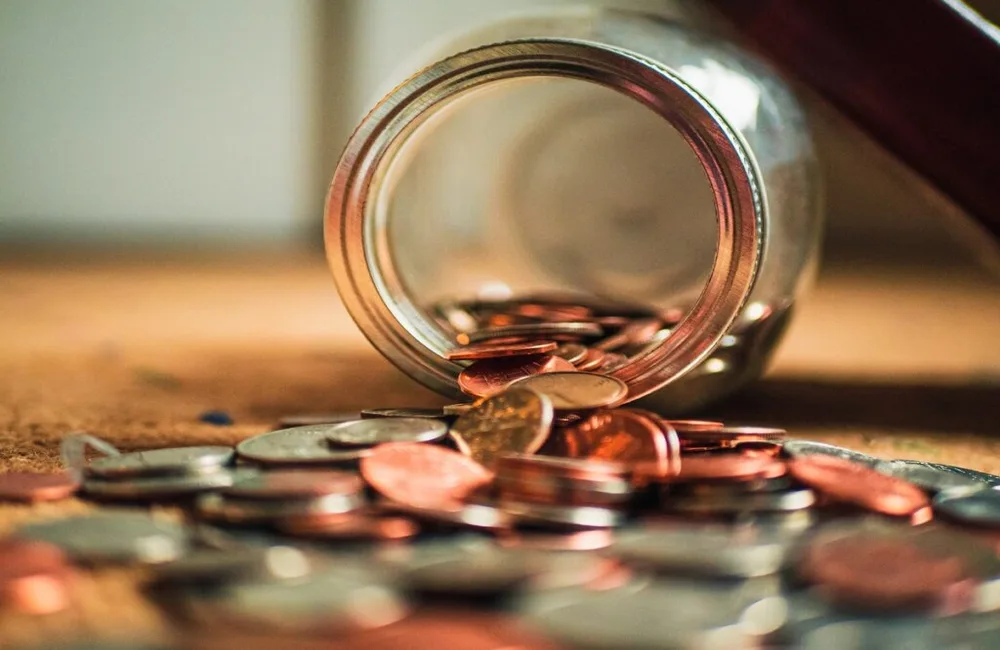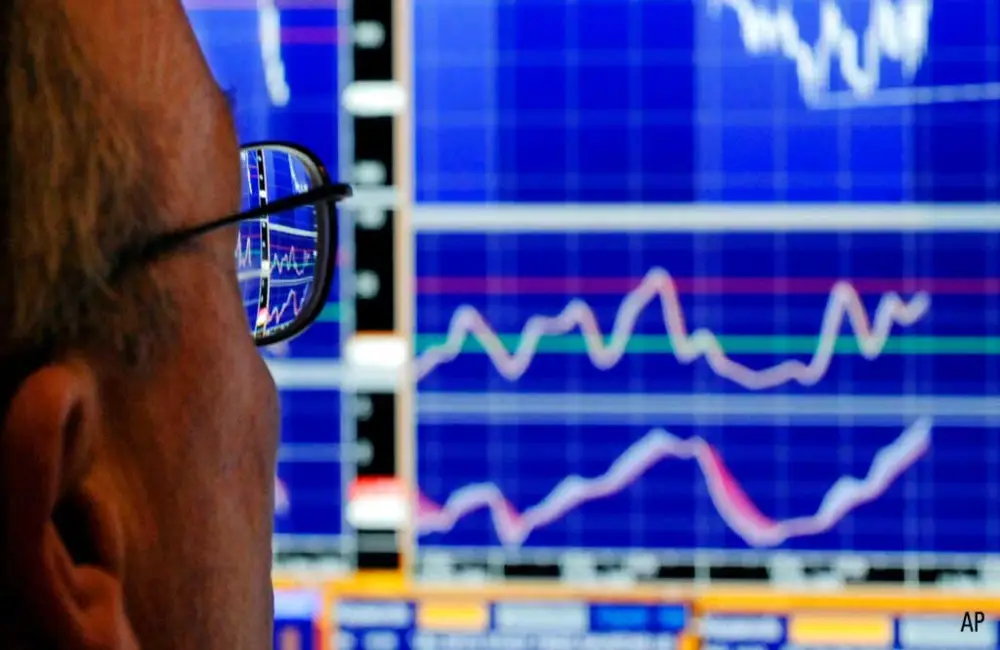The 0.3% contraction in the Australian economy during the September quarter compared with the June quarter. The Bank predicts that growth will slow through early 2023 as household spending reverts to levels more ‘normal’ for the higher interest rates and inflation that are being delivered.
The data release also said that household savings level was reverting to pre-pandemic levels. The household saving ratio fell from 8.3% to 6.9% over the September quarter. The ASX 200 dipped 6% in response to the GDP announcement on Wednesday.
UK backs coal
British levelling up Secretary Michael Gove signed off on the first British coal mine in 30 years on Wednesday. The Whitehaven project in Cumbria is expected to attract investment of AUD$298M about 500 new jobs in return for an annual production target of up to 2.8 million tonnes of coking coal a year.
The greenhouse gas emissions from the new mine are anticipated to be approximately 4,000,000 tonnes per annum - they contribute to the equivalent destruction of an extra 200,000 cars worth.
The British government says that even with the extra emissions, the mine is nonetheless in line with the UK's climate governing legislation that stipulates the country must hit net zero by 2050 as the mine will only be operational until 2049.
Do you have an extra $1000?
The RBA hiked on Wednesday, with Governor Phillip Lowe saying more rate rises are likely next year. The 25-basis point rise sees the cash rate sit at 3.1% after eight consecutive rises which begin in May.
Lowe still conceded that monetary policy works with a lag, and that the full effects of the higher interest rates are still to be felt. Borrowers, though, are starting to feel the heat.
“Variable rate borrowers are already beginning to hurt,” says Johannes Faul, director of equity research.
“Fixed mortgages need time to roll off, and that time period is probably longer than 12 months, but a large part of the variable, it’s almost instant,” he says.
CBA says it will take around 3 months for variable rate mortgage holders to end up on higher minimum monthly repayments following a rate hike.
A person who borrowed $1 million in April would see the monthly repayment increase by $1,681 over the year.
China says goodbye to the ‘zero covid’ policy kind of
On Thursday, the Chinese government announced that it would be jettisoning the strictest regulations of its much-disputed zero covid policy. Under the new method, people with the virus can isolate themselves in their home rather than moving to a state facility if they have no, or only mild, symptoms. It also lets people travel throughout the country from an orange or red zone without needing to present a negative test.
The shift in approach comes after the public had come into the streets in protest of the severe policy that was choking the country’s economy and restricting individuals later last month. In the wake of the protests, Chinese officials started easing lockdowns in some cities.
Relaxation of the policy, which began three years ago, has stirred unease. Predictions are that the medical care system would be inundated considering the extremely low vaccination rate among the aged.
National cabinet beats down energy prices
The national cabinet convened on Friday to consider measures the Australian government might be able to take on soaring energy costs that would give some respite to family budgets. Ministers came out of the meeting having agreed to four things to ensure energy is affordable.
1. LNG price cap
Today's discussion provided some clarity to reports earlier this week about potential price caps on LNG. The government has also granted itself the power to impose its own “domestic gas security mechanism”.
2. Coal price cap
The government has also announced a cap on coal of $125 per tonne.
3. Price relief for Australians
The government will also spend up to $1.5 billion to help households and small businesses.
4. Capacity investment scheme
Prime Minister Anthony Albanese also referred to the future of securing Australian energy. He pointed to Thursday’s announcement of a capacity investment scheme, a $10bn investment to stabilise the energy grid with new wind and solar framers as coal is phased out.
























